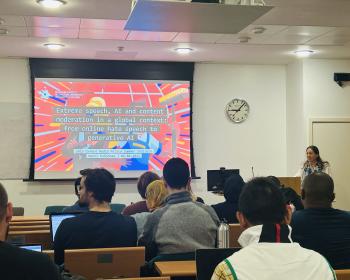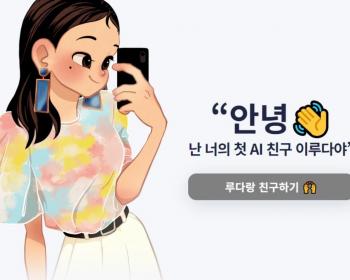AI
Stakeholders far from UN grounds benefit when states clarify their position on new and emerging technologies and how international law, including international human rights law, and sustainable development commitments apply to fields like artificial intelligence.
The writer presents some key takeaways from the 2023 Comparative Media Law and Policy (PCMLP) programme at University of Oxford, which he attended with the help of an APC grant.
As South Koreans embrace artificial intelligence in daily life, the country is becoming a test case of the “allow first, regulate later” approach to AI regulation. This piece outlines some of the controversial AI-related cases and the need to publicise the dangers of unchecked AI.
The British Post Office scandal was a failure of both technology and human systems. The software didn’t work, but too many people thought that whatever the computer said had to be right. This has several lessons for us about trust in computer and AI systems as well as the need for strong institutions and media.






